It is really easy to talk a good game, but what is it that ultimately sets great marketing and communication teams apart from the average? We explore six key traits that can elevate your team to greatness.
As part of imageseven’s consulting work with school Heads we have observed well over one hundred school marketing and communication (marcom) teams at work. We have also helped build new marcom teams from scratch, support many others and, for a few selected clients, we even operate their marcom teams.
First, it’s not about size. Size does not create a great marcom team. In fact, size can impede greatness when it requires increased bureaucracy and approval delays. It is not that big and great can’t co-exist at the same time; it’s just that team size and greatness are two different things.
Stop for a moment and think of a school whose marketing and communication you admire. What do you think of? Most likely you are thinking of some piece of ‘hero’ work such as an outstanding prospectus or video. That is usually the most visible part of the marcom iceberg, but what is the cause that produces the effect that is admired and desired?
Or think of it this way. Enrolments are a lagging indicator of success. A more interesting question is to search for the leading indicators of success. What are the things that caused the outward success that is readily visible? This is an important question because school Heads too often focus on the lagging success indicators – measuring events that have already happened.
What might be some examples of leading indicators of marcom team success? Here is a list of traits we look for at imageseven.
The best marcom teams are maximisers
What is it that drives them from the inside? The answer to that question is your school’s purpose; the reason you do what you do that goes beyond a salary. But does the marcom team even know your school’s purpose?
The link between strong ideals and strong financial performance had been studied extensively in the commercial world. Former Procter & Gamble Global Marketing Officer, Jim Stengel, says there is a definite cause and effect relationship.1 Stengel’s research shows that the 50 fastest growing brands in the US have one important thing in common: they have committed themselves to an ideal that transcends making money.
Of course, independent schools are usually not-for-profit entities and have ‘purpose’ in spades, but when was the last time you talked with your marcom team about the school’s purpose and how you want it messaged? Not a conversation with your academic leaders; just the marcom team on their own, talking with them candidly about language, phrasing and feeling.
What is true for the commercial world is true for school marcom teams. Those with the strongest ideals, principles and purpose also tend to have the strongest cultures and produce the strongest work. Work you recognise and remember.
Gary Hamel, author of Leading the Revolution, asserts that, “Every person should feel that he or she is contributing to something that will actually make a genuine and positive difference in the lives of customers and colleagues.”2 That’s usually a given for academic staff, but not as much for marcom teams. Lift your marcom team above the usual measurement by Facebook likes and newsletter deadlines (as important as they are) and show them the purpose you strive for.
The best marcom teams draw lines in the sand
Marcom teams that are willing to stand by their beliefs and principles are actually much more likely to be successful in the long run. These teams — but preferably the whole school — have predetermined and then articulated the things they will always do and will never do.
Within every school, times will arise when the larger teams and positionally more powerful academic leaders will want certain deliverables from the marcom team. This tension will always exist. It needs to be managed rather than avoided or ignored. Unless the line has been drawn in the sand, and approved in advance by the Head, it will be very difficult for the marcom team to uphold the brand values and produce great work. They need to know that Heads have their back when necessary. Marcom teams who know the position of the lines in the sand are powerful tools for Heads. They create a culture of self-governance, and self-governing teams release Heads to stop managing marketing minutiae and have more time for the big picture.
Values also need the heat of scrutiny and continual enforcement, reinforcement and encouragement. Over time, sufficiently hot values will define your marcom culture.3
The best marcom teams stand for something
Great marcom teams have a good answer to the question, “Can you describe your school in 30 seconds?” In other words, they stand for something instead of trying to stand for everything.
It is a surprising fact that most school marcom teams think their school is more differentiated than it actually is. A study by management consulting giant Bain & Company found that 80 percent of company executives believe they deliver a “superior experience” to customers. But only 8 percent of their customers agree. imageseven commonly sees the same thinking bias in schools and marcom teams.
Standing for something is particularly problematic for schools because they naturally don’t want to get anyone offside – parents, prospective parents, local community or staff. But standing for something means you need to be prepared to take a position against some things too. It doesn’t need to be aggressive or unreasonable; just be quietly confident in your position. Again, have the discussion in advance with your marcom team. In the absence of direction, they will likely fill the vacuum with their own interpretation, which will be on-target much of the time, but on the occasions when they are not it will be particularly visible and potentially embarrassing.
The best marcom teams optimise their work at the front end
Marcom teams that pay more attention to their work at the front end of the process or project get better work at the back end. All marcom teams now feel as though they live in the world of ‘rush’ as the normal rather than the exception. ‘Rush’ doesn’t allow time to formulate and propose better ideas, leads to more errors and results in work needing to be done again because of incorrect or incomplete briefs.
Great marcom teams have the discipline, authority and time to do their best work at the front end of their projects. They pay more attention to:
- Clarifying client expectations
- Clearly defining the scope of work
- Collecting and researching more complete information
- Writing more complete reverse briefs
- Breaking work down into phases
- Previewing the direction with the commissioning staff member
- Avoiding false starts.
The best marcom teams have redefined the meaning of ‘work’
Being a school marcom professional in the age of the knowledge worker means no longer measuring effectiveness by the time spent sitting at a desk in a physical location.
Progressive marcom teams and Heads follow the ‘big brains, small machine’ model that focuses on building a small team of smart marcom operatives who can work with a variety of outside resources to meet the overall objective.
The best marcom teams just keep coming back with better work
Just when you thought the marcom team had produced their finest work for your school, they come back with an even better concept for next year. Even as they are completing one yearbook, they are thinking about how the next will be even better for the reader and for the school brand, and how they will be able to refine their processes to be more efficient and effective.
The best marcom teams are never satisfied. They don’t believe the creation process has to be painful and they don’t desire to spend hours defending the rationale for their proposed execution. They will just go away and work very hard until everyone is satisfied. It’s win-win or nobody wins.
It is really easy to talk a good game, but what ultimately sets great marcom teams apart from the average is not the talk but the reality of delivering. Relentlessly, consistently delivering. Without execution, there is no strategy. Execution isn’t just important … it’s everything.
Insight applied
Great marcom teams:
- Are maximisers
- Draw lines in the sand
- Stand for something
- Optimise their work at the front end
- Refine their meaning of work
- Keep coming back with better work.
1 Stengel, J. 2011. Grow: How Ideals Power Growth and Profit at the World’s Greatest Companies. Crown Business, New York.
2 Hamel, G. 2002. Leading the Revolution. Plume, New York.
3 Hybels, B. 2008. Axiom. Zondervan, Grand Rapids, Michigan.
Andrew Sculthorpe, aka Scully, is the Managing Partner of imageseven. With a wealth of experience gained in both the UK and Australia, he is perfectly positioned to deliver insights that create a world-class impact for schools and their Heads. imageseven.com.au







